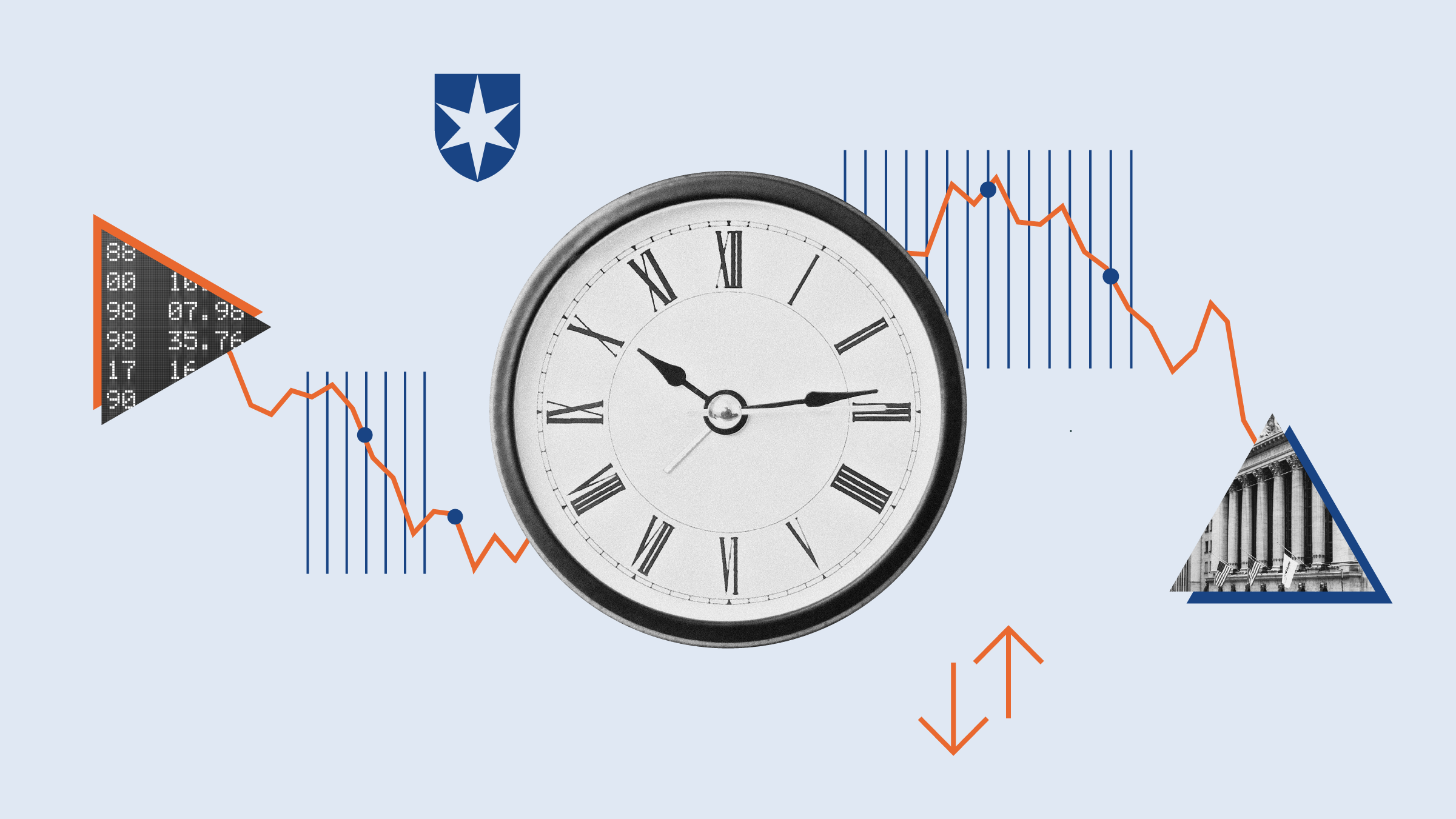Will Stocks Today Beat Cash Over Their Lifetimes?
How skewness pays a role in individual stock returns, from this professor’s influential paper, ‘Do Stocks Outperform Treasury Bills?’

On this episode of The Long View, Hendrik Bessembinder, professor and Francis J. and Mary B. Labriola Chair in Competitive Business at Arizona State University’s Department of Finance, discusses one of Bessembinder’s most influential papers, Do Stocks Outperform Treasury Bills?, and what these key findings mean for investors’ portfolios.
Here are a few excerpts from Bessembinder’s conversation with Morningstar’s Christine Benz and Jeffrey Ptak:
‘Do Stocks Outperform Treasury Bills?’
Christine Benz: One of your key findings is that most stocks have failed to beat cash over their lifetimes. Can you elaborate on that and talk about what percentage of stocks failed to do so?
Hendrik Bessembinder: So, the original paper had data from 1926 through 2016. I’ve done some updates to that since, but the punchline doesn’t change. So, I’ll focus on numbers from the original paper.
What I found is that when you compounded the returns for stocks over the full time that they were included in the database, that only about 43%, roughly three out of seven of the stocks, turned in better performance than Treasury bills over the same months, the same period of time that the stock was listed and included in the database. So, around the flip side, about 57% or, four out of seven, failed to beat Treasuries.
Jeffrey Ptak: So, just to clarify, you examined all stocks in the CRSP database dating back to 1926. I think that you said in the paper there were more than 25,000, give or take, stocks. So, the 43% that beat cash, that would equate to almost 11,000 stocks, right? And the 4% that account for all the wealth creation, which I think is another thing that we’ll get to, those would amount to nearly 1,100 stocks. Does that sound about right to you?
Bessembinder: Yeah. That’s about right. Rounding a little bit those numbers are on target.
How Skewness in Compound Returns Affects Individual Stock Returns
Benz: So, this seems very counterintuitive. And maybe you can talk about how one reconciles your studies’ findings with the fact that the average stock return has exceeded the average return on cash or bonds over time.
Bessembinder: Yeah. I agree. It is counterintuitive, at least at first. What’s going on here from a statistical viewpoint is there’s positive skewness in compound returns. And a little bit of a techy term, but the essence of a positively skewed distribution is that most of the individual outcomes are lower than the average outcome. If you prefer, the median outcome is less than the average outcome.
But the only way that can be true, that most outcomes are less than the average is that you’ve got a few, relative few, outcomes that are much bigger than the average. So, in some sense, this paper and the follow-up papers I’ve done are really about skewness in compound returns. I’ll freely admit I chose the title for the paper, Do Stocks Outperform Treasury Bills?
I chose that title somewhat strategically thinking basically when anybody sees that title, they have to look at the paper and find out what is this crazy guy talking about. If they have a look at the paper, they’ll quickly see that I’m talking about individual stocks, not the overall market. I might have titled the paper Their Skewness in Long-Term Returns. And maybe eventually the message would have gotten out, but I think that would have been a less effective way of drawing people’s attention to the findings in the paper. But in essence, that’s the punchline of the paper, and it’s what drives what’s in the related papers is that there’s this positive skewness in the distribution of compound returns.
Will Stocks Today Beat Cash Over Their Lifetimes?
Benz: If we were to put your studies’ findings into present-day terms, does it seem reasonable to expect that less than half of the 3,700 or so stocks that are in Vanguard Total Stock Market Fund recently will beat cash over their lifetimes and around 150 will account for the value that the fund manages to create?
Bessembinder: Well, I’d be hesitant to make forecasts that are that specific. I do feel very confident having thought about it for several years now, having examined additional databases like international equities. I do feel really confident saying that I expect there’ll be the same sort of positive skewness in the distribution of returns in the future, with the central feature being that most of the individual outcomes will be less than the average outcome. But the degree of skewness can vary over time. We can talk a little bit more about what determines how much skewness there is, but the degree of skewness can vary. Then, of course, there’s the big question of what will the overall stock market do in upcoming months or upcoming years. So, I wouldn’t want to put specific numbers on it, but I feel confident saying that there will be this positive skewness.
The author or authors do not own shares in any securities mentioned in this article. Find out about Morningstar’s editorial policies.


/cloudfront-us-east-1.images.arcpublishing.com/morningstar/CFV2L6HSW5DHTFGCNEH2GCH42U.jpg)
/cloudfront-us-east-1.images.arcpublishing.com/morningstar/PDHJPZBNVRCAFEQ2AHYHABU2AU.png)
/cloudfront-us-east-1.images.arcpublishing.com/morningstar/54RIEB5NTVG73FNGCTH6TGQMWU.png)